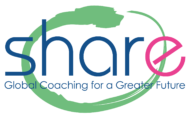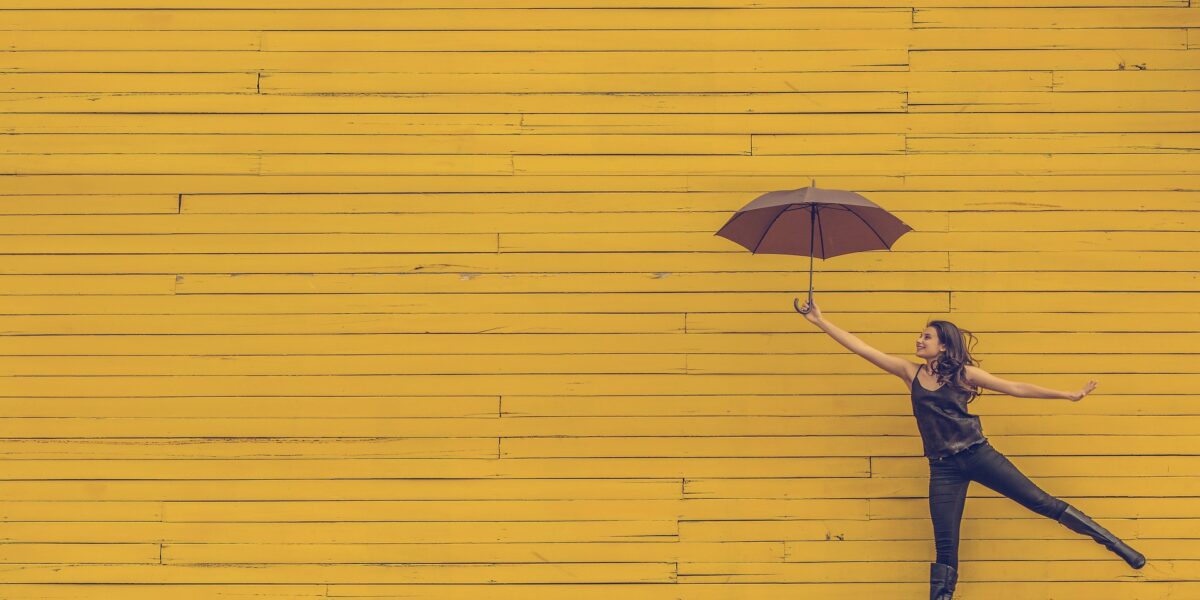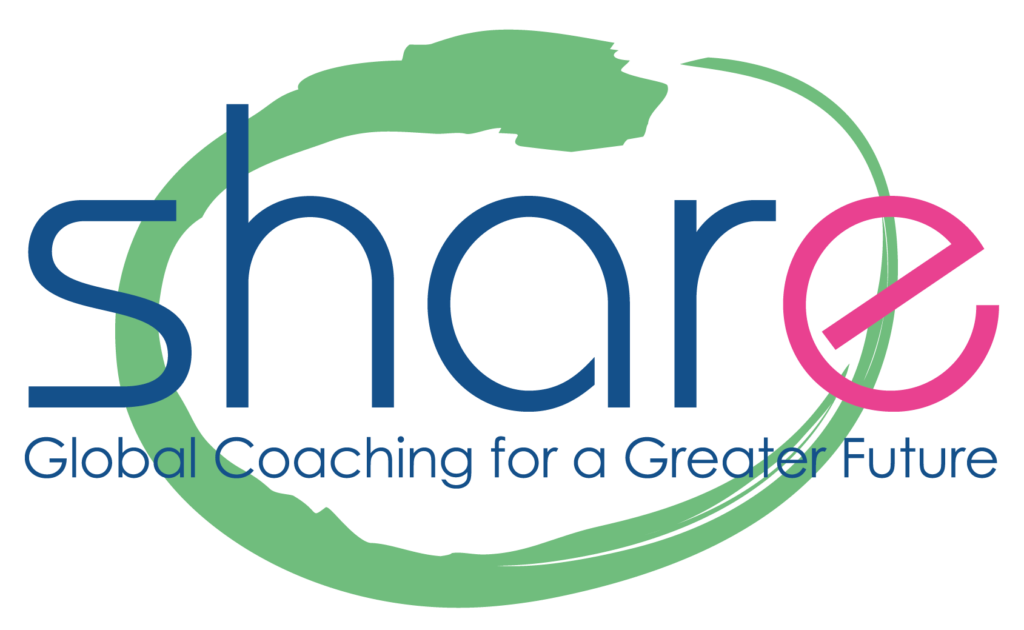We often tell ourselves “No” before even asking the question. For example, when I wrote my first book, “Make the Right Choices”, my co-author and I wanted to ask for an endorsement from two well-known writers, but we didn’t dare. Then I said, “Trying doesn’t hurt, worst comes to worst they’ll tell us No!” Thus, we actually asked and they did it!
Can you think of any similar example drawing from your own experience? I bet you can. And how many times did you try, despite your reluctance to do it? How many times it was finally a Yes? And if it was, in fact, a No, how did that impact you?
In my experience, if I feel the desire to try something but I don’t dare, when I finally come around to it and do it, even if the answer proves to be negative, I feel better for having tried, and the No helps me let go of something that otherwise may have continued spinning in my mind. A No, in this perspective, can be very freeing.
When we get discouraged or don’t dare, we are saying No to ourselves.
What is that really stinks about getting a rejection or a refusal?
As I mentioned before, receiving a No can be extremely freeing. Think about it. By canceling that option you’re free to think about different ways, people, and experiences. As my good friend said, “the object of your desire needs to desire you back”. And what is the best way to know if not asking? A Yes or a No will give you exactly the information you need to move forward.
By receiving a No, you are free to look elsewhere and let go of what wasn’t going to work anyway, what wasn’t for you, what wasn’t “desiring you back”. When we answer No to ourselves before even asking though, we are protecting our egos from rejection. That’s the same mechanism that plays out when we formulate explanatory theories and give ourselves detailed answers in our minds, instead of asking an open question to someone about a situation, a feeling, or a request.
That is a way of protecting ourselves from hearing something that may hurt us. And what is it that is getting hurt?
Often is our self-esteem, our self-worth, which we attach so dearly to others’ responses to us. In my case, for instance, what was my fear? What was blocking me from asking for the endorsement? Well, that our book wasn’t good enough, important enough, relevant enough to deserve the famous authors’ attention. By not asking I would have protected that part of my ego that was vulnerable and needed to believe that yes, our book was valid and worthy – that I as a professional (and as a person?) was worthy.
The extent of our hesitation to ask is proportional to our attachment to external validation as a measure of our value. Furthermore, it gets even more meaningful if we attach to the external response the power to determine our value as a PERSON, not just as a professional. In that case, a No can be pretty destructive to some parts of our identity and self-perception. All of this is very human and very natural, we all go through this to some extent, but watch out: It’s not very true and it’s not very wise.
The tricky part here is that what we protect when avoiding asking the question, is that vulnerable – yes, but FEARFUL part of ourselves. And by abiding by it, we just confirm the fear and send ourselves the message that that fear has the right to exist. We basically confirm that our negative self-belief (“I’m not good enough” or whatever that is) is TRUE!
So, What Should We Do?
By observing our emotions and thought patterns, we can identify if our hesitation and discouragement in asking or going for what we want are responding to that fear, and what inner beliefs are underneath that. By becoming the scientist of ourselves – on our own or with the help of a Coach or a Therapist – and getting clearer on what’s underlying our refusal to act, we get the opportunity of a free choice.
This freedom lies in understanding the motivation behind our behavior. If the latter stems from a negative self-belief we give credit to, we can take the Opposite Action. That means doing it despite the anxiety it causes us. Behaving this way will lead us, step by step, to get more comfortable with the risk of rejection and to see a No as not such a big deal. The No will then become nothing but a “re-direction” of our time, energy, and attention toward other ways to attain the same goal or another goal altogether.
Alternatively, we may discover that behind our vacillation lies a lack of motivation due to weak interest in pursuing that outcome, an inner knowing that deep down our heart is not so much into that, that it is not what we truly desire.
This makes me think of a time when, before becoming a coach, I was working in a totally different field, and while searching for jobs, I didn’t feel like trying to get them. My unwillingness to apply to those jobs, in that case, was not a lack of confidence, fear of rejection, or doubting my capacities if I got a refusal. I knew that because, in that instance, every time I ended up applying and receiving a No, I was relieved! So thankful that I didn’t have to actually be in that job!
I was applying because I needed to work and because that was what I felt I “had to” do, but it wasn’t in alignment with what I really wanted, nor with my life path or heart’s desire. Thanks to all the No, I decided to explore my passions instead and found Coaching. When I encountered it, I knew that was the right next step for me and I went for it in a heartbeat.
So, the moral here is: Listen to yourself! Go deeper, ask the questions and listen. Your soul won’t lie.
A little tip: Usually fear shows up as a paralyzing feeling. If you feel frozen and tickling at the same time that’s probably it. Lack of desire may instead feel like a “whatever” feeling, between boredom, tiredness, and sadness – a lack of aliveness let’s say.
That’s of course a very general indication, you are the scientist of yourself remember, so the most important thing is to observe and learn what that looks like FOR YOU.
Well, hopefully, this was helpful and the next time you find yourself wanting to say No, take out your magnifying lens and look at what lies behind! Good luck!



